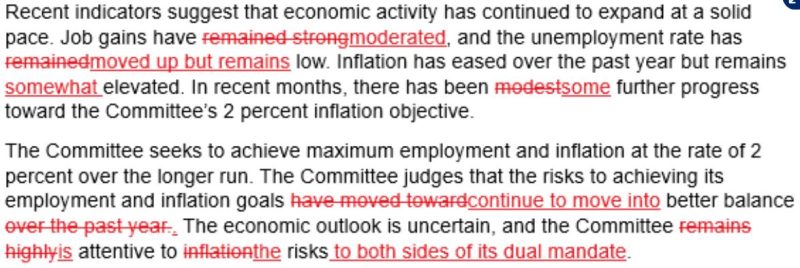The Federal Reserve, also known as the Fed, has long been a central player in the economic landscape of the United States, wielding significant influence over monetary policy and the financial system. However, recent developments have raised questions about the Fed’s ability to effectively manage the economy without inadvertently creating negative consequences for the general public.
One of the key issues that has emerged is the Fed’s reliance on unconventional monetary policies, such as quantitative easing and low interest rates, as tools to stimulate economic growth and stabilize financial markets. While these measures have been credited with helping to prevent a deeper recession during the global financial crisis of 2008, there are growing concerns that the Fed’s prolonged use of these policies may be sowing the seeds of future economic turmoil.
Critics argue that the Fed’s aggressive intervention in financial markets has created a distorted and fragile economic environment, where asset prices are artificially inflated, risk-taking is encouraged, and wealth inequality is exacerbated. As a result, the economy becomes increasingly dependent on the Fed’s ongoing support, making it vulnerable to any disruptions or missteps by the central bank.
Furthermore, the Fed’s actions may have unintended consequences that harm everyday Americans. For example, low interest rates can penalize savers who rely on interest income for their financial well-being, while fueling speculative bubbles that benefit only a select few. Moreover, the Fed’s policies may contribute to rising costs of living, as inflation erodes the purchasing power of consumers and puts pressure on household budgets.
In addition to these concerns, there is also a worry that the Fed’s extraordinary measures could limit its ability to respond effectively to future economic challenges. By keeping interest rates at historically low levels and expanding its balance sheet to unprecedented levels, the Fed may have limited room to maneuver in the event of another crisis or recession, diminishing its effectiveness as a stabilizing force in the economy.
Overall, the Fed’s efforts to support the economy and financial markets are well-intentioned, but there are legitimate fears that its actions may be creating a self-perpetuating cycle of dependency and instability. As the Fed continues to navigate the complex challenges facing the economy, it will be crucial for policymakers and the public to closely monitor the long-term implications of the central bank’s policies and advocate for a more sustainable and inclusive economic system.
